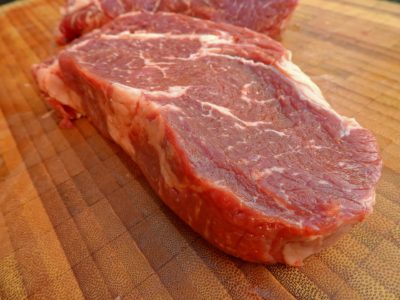Iron is a critical component of hemoglobin, the protein in red blood cells responsible for carrying oxygen from the lungs to every other cell in the body. Specifically, iron is part of a molecule called heme: four heme molecules are part of a hemoglobin protein, and it is the iron itself that binds to oxygen. Hemoglobin is not the only protein in the body that contains heme. Heme is also a critical component of a family of proteins involved in protection from oxidative damage. Iron is also needed to metabolize B vitamins, is a necessary cofactor for a variety of enzymes, and is important in protein metabolism. Of course, iron deficiency is a hallmark of autoimmune hemolytic anemia, autoimmune aplastic anemia, and pernicious anemia. It has also been linked to rheumatoid arthritis, autoimmune gastritis, systemic lupus erythematosus, and celiac disease.
You can find iron in foods such as liver, dark leafy greens, red meat, legumes, and olives.


 Iodine
Iodine